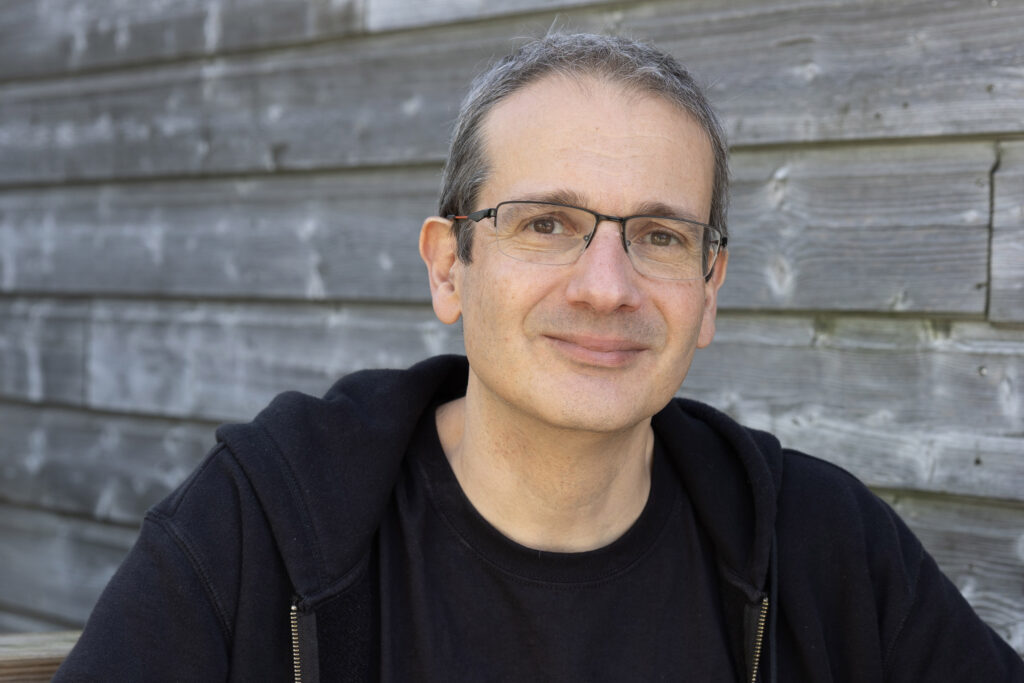The brainers

Hervé Cottin – Cosmochemist
Hervé Cottin is a university professor at the Université Paris Est Créteil, where he teaches chemistry and astronomy. He conducts research at the Laboratoire Interuniversitaire des Systèmes Atmosphériques (LISA). Hervé Cottin was president of the Société Française d’Exobiologie between 2018 and 2024, and chairs the International Astronomical Union’s exobiology commission for the period 2024-2027. His research focuses mainly on the origin and evolution of cometary organic matter. He is seeking to understand the extent to which comets could have contributed to the appearance of life on Earth, and how their composition tells us about the formation of the solar system. His work is based on laboratory experiments that are supplemented by studies in Earth orbit outside the International Space Station, and by participation in instrumental teams for space missions such as the Rosetta cometary exploration mission or the future Rosalind Franklin / Exomars Mars mission. Hervé Cottin contributed to the detection of glycine (the simplest amino acid) and very high molecular weight molecules in comet 67P/Churyomov-Gerasimenko.
This brainer takes part in round-table discussions, offers improvisation sessions and the following solo talks:
What is exobiology?
Exobiology is a relatively recent interdisciplinary field whose aim is to study the origins of life on Earth and the search for life elsewhere. Long considered the stuff of science fiction, the search for extraterrestrial life has taken on a new dimension over the last fifteen years. It is now based on a rational methodology, drawing on sciences such as astronomy, chemistry, geology and biology. How far have we come? What are the prospects for exobiology?
Life beyond Earth, science and science fiction
Water (liquid), carbon and energy. These three ingredients are all that is needed for life to appear. So Mars has been inhabited, the buried oceans of the icy satellites (Europa, Enceladus...) are populated by bacteria or fish, and the entire universe is teeming with life because it is so big that it is "statistically impossible" for life not to have appeared elsewhere! Maybe so.... But to this day we are still 'officially' alone in the universe. In this talk I will present the interdisciplinary field of research known as 'Exobiology', devoted to the study of the origin of life and the search for it elsewhere than on our planet, and I will try to disentangle the very real progress in research into the origins of life and the search for extraterrestrial life within this discipline from our immense and impatient hope of finding life elsewhere than on our planet.
The Rosetta mission: exploring and understanding a comet, a journey to our origins!
The European Space Agency's Rosetta mission left Earth in 2004 for comet 67P/Churyomov-Gerasimenko in August 2014. After deploying the Philae lander on the surface of the comet's nucleus on November 12, 2014, the space probe continued its observation of the comet as it approached the Sun, and then during its outbound phase. This unprecedented mission provided a considerable amount of unique observations. The history of this mission and its main results will be described during this conference.